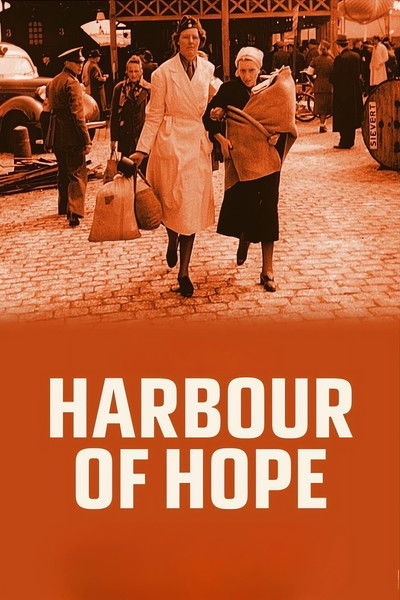Harbour of Hope
Genres
Documentary
OverView
In 1945 Irene, Ewa and Joe were among the nearly 30,000 survivors rescued from German concentration camps to the peaceful harbour town Malmö, Sweden. Here they started life again.
Others
Budget
$--
Revenue
$--
Status
Released
Original Language
Swedish
Runtime
76 mins
Rating
5.364/10
Release Date
15 December 2011
Country
Sweden


